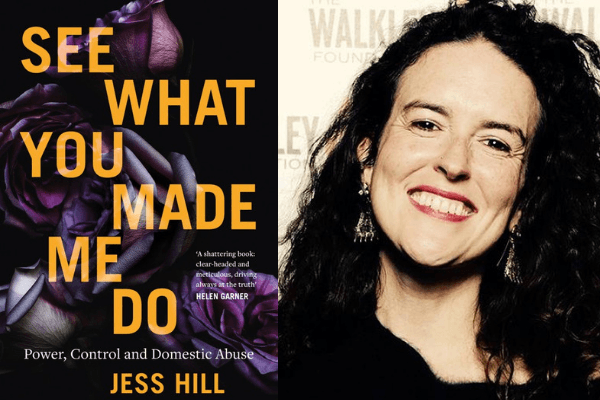In the first week of February, a large crowd came together: socially and physically proximate, revelling in the warm summer’s air and the sense of excitement and possibility. In what would have constituted an illegal gathering if held little more than a month later, the 2020 Stella Prize Longlist, was announced at the Melba Spiegeltent.
Twelve books by Australian women writers were long-listed for one of Australia’s most prestigious literary prizes, which awards an author with $50,000 in prize money and markets all long-listed books to support women writers and increase their book sales. The winner was to be announced in April at a high-profile Prize Night featuring former Prime Minister Julia Gillard and bringing together writers, publishers, book sellers, donors and supporters.
It had been a hard summer as bushfires ravaged Australia. Homes, lives and livelihoods were lost. The Australian identity – camaraderie, solidarity and stoicism – came to the fore. Things had been tough – but there was a sense that the worst was over.
Two months later, the landscape changed again – dramatically this time – transforming the entire world into an unimaginable reality. Borders are closed. Thousands are sick. We no longer enjoy freedom of movement. Entire industries are on the verge of collapse. Australians are sheltering in their houses on a mass scale.
Against this backdrop, the 2020 Stella Prize was awarded on Tuesday evening to Jess Hill for her searing exploration of power, control and domestic abuse in ‘See What You Made Me Do.’ Instead of being celebrated in person, Jess Hill and the five other shortlisted authors were acknowledged virtually, with a reimagined Prize Night taking place in thousands of homes across Australia via online broadcast.
While the landscape has irrevocably changed, the timeliness and relevance of See What You Made Me Do has only, tragically, gained importance in this time. COVID-19 is a perfect storm of factors that contribute to increasing rates of domestic abuse and violence.
The fear and uncertainty that a global pandemic brings places people under increased stress. Financial pressures compound this, as many people find themselves unemployed, underemployed or hanging on by a thread.
The public health response to COVID-19 (social isolation, physical distancing, restriction of movement) help to enable the perpetrator and cut those experiencing violence off from crucial support networks and means of escape. For many women around Australia, home is the most dangerous place they could be.
Hill’s book is rigorous and unflinching in its quest to understand domestic abuse (Hill refers to ‘domestic abuse’ instead of ‘domestic violence’ throughout her book to capture the myriad forms of abuse that can be inflicted without violence). While evoking the raw horror of individual experiences, Hill explores what the prevalence of domestic abuse in Australia says about us as a society – unpacking themes of power, psychology, gender inequality and justice.
Importantly, the book calls on us to focus on perpetrators as our most urgent priority, to make a difference now, rather than wait for longer-term attitudinal change and gender equality programs to make an impact.
“For four years I’ve squinted hard at the phenomenon of domestic abuse, grasping for the perfect combination of words to make you feel it so acutely, with such fresh horror, that you will demand – and keep demanding – drastic action from our leaders. I’ve agonised over how to make these words fierce and definitive enough to convince every politician, judge and police officer that they must do everything in their power now to make sure no perpetrator ever feels comfortable again.”
In addition to Jess Hill, the other shortlisted authors showcase the incredible talent, breadth and diversity of Australian women writers. The shortlist includes a memoir, a collection of short stories and three unforgettable works of literary fiction, including a powerful reclamation of indigenous language, storytelling and identity in Tara June Winch’s The Yield.
These books are notable achievements and deserve celebration and broad readership. Writing a book is a time-consuming feat (by way of example, Jess Hill spent nearly four years completing See What You Made Me Do) and is not a lucrative undertaking. A 2015 Macquarie University study found that the average writer received less than $20,000 per annum from their professional work as a writer.
The arts industry – chronically underfunded at the best of times – has been significantly impacted by COVID-19, which has dried up critical sources of funding and pathways for artists and organisations to generate revenue. However, as we spend more time at home, high quality original content has never been more critical to maintaining our wellbeing and providing a form of escape and entertainment. More than that, the arts have always helped us examine ourselves and our circumstances, and worked to increase empathy and understanding by creating shared experiences.
Over the coming months, as we enjoy the power of storytelling from our homes, it is important to reflect upon the livelihoods of the many authors whose work we enjoy, and the organisations and institutions that bring their work to the public.
The landscape may continue to change, but some things are timeless.

